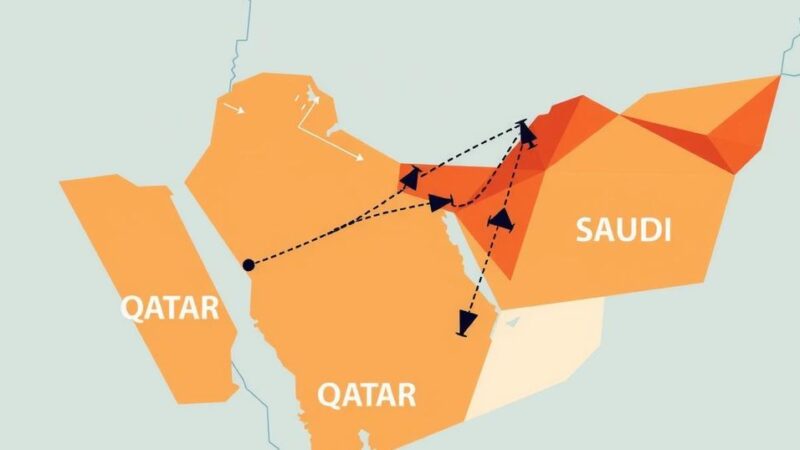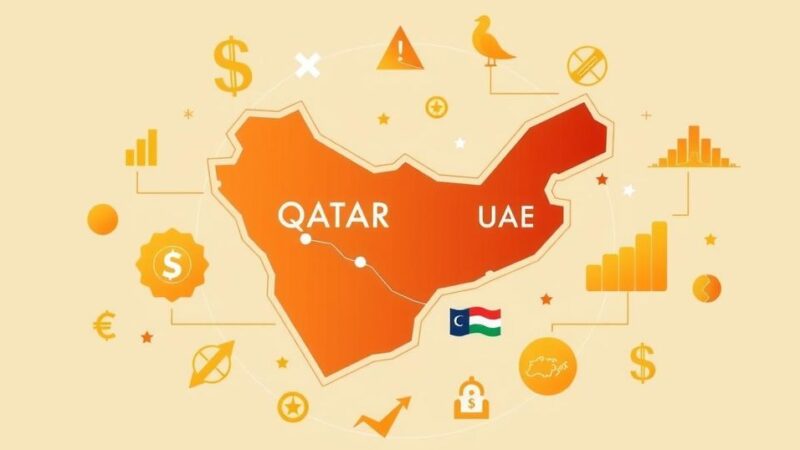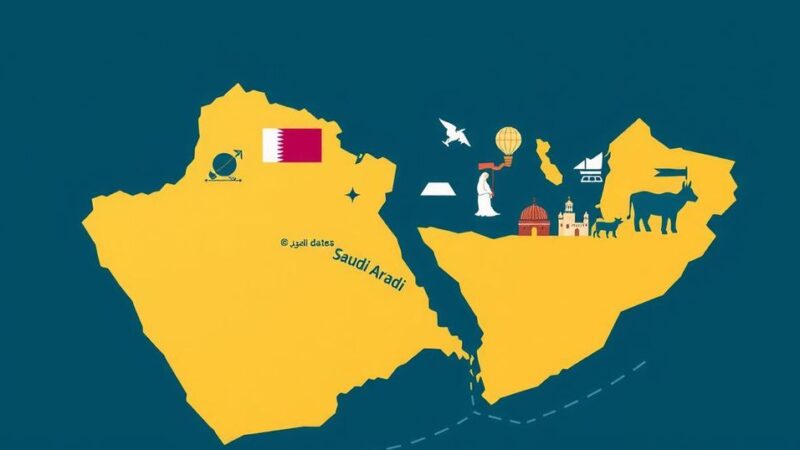On January 22, 2025, the South Sudan government ordered ISPs to block TikTok and Facebook for at least 30 days to manage violence-related content. In response, the Internet Society South Sudan Chapter campaigned for the lift of the ban, resulting in its reversal within five days. This incident highlighted the economic and social dependence on social media, as businesses faced significant operational disruptions during the shutdown.
On January 22, 2025, the National Communications Authority of the Republic of South Sudan ordered Internet Service Providers (ISPs) to block access to TikTok and Facebook for at least 30 days, citing the need to control the spread of graphic content related to violence in Sudan. This decision raised significant concerns about the impact on communication, human rights, and the overall flow of information in the country.
In response to this troubling directive, the Internet Society South Sudan Chapter quickly mobilized to advocate against the ban. They issued a public statement urging the government to reconsider its decision and actively participated in media outreach, including a high-profile appearance on a popular morning radio show, to ensure maximum awareness. Their efforts culminated in a delivery of their statement to key government officials, emphasizing the gravity of the situation.
By January 27, just five days later, the National Communications Authority rescinded its order to block the social media platforms, notably utilizing language from the chapter’s appeal in their announcement. This swift response underscores the effectiveness of advocacy and organized public pressure in the context of governmental decisions.
The temporary ban had immediate economic repercussions for businesses, particularly those reliant on social media for communication with clients. For instance, Swangin Scopas of Zain, a prominent mobile service provider, noted that the shutdown hindered their customer engagement, delayed responses, and diminished their ability to provide necessary support, illustrating the broader impact on service delivery.
According to the latest data, in 2023, only 12% of South Sudan’s 11.9 million inhabitants utilize the Internet, with a low resilience index score of 26%. In the past year, the country experienced one Internet shutdown, which emphasizes the precarious digital landscape for residents and businesses alike.
The importance of social media transcends mere connectivity; it is vital for business operations, marketing, and customer interaction. The ban limited many enterprises’ capacity to advertise and maintain customer relationships, adversely affecting sales and brand loyalty. As Scopas articulated, the interruption of these platforms also complicated internal communications and reputation management, revealing the extensive reliance on digital engagement across sectors.
By actively contesting the ban, the South Sudan Chapter not only mitigated its duration but also highlighted the broader economic and societal implications of Internet disruptions. As emphasized by Gama, social media facilitates essential communication and access to information, particularly during periods of instability. Thus, the chapter’s advocacy was critical in safeguarding the well-being of citizens and sustaining economic activity.
For further insights on Internet shutdowns, visit the Internet Society Pulse. The organization encourages individuals to share their experiences regarding the consequences of Internet access restrictions via email.
The actions taken by the Internet Society South Sudan Chapter demonstrate the importance of organized advocacy in the face of governmental restrictions. Their efforts led to the rapid reversal of an Internet ban that would have adversely affected communication and the economy. This case illustrates the critical role of social media in modern society, emphasizing that access to digital platforms is essential for maintaining both personal and economic well-being. It serves as a call to recognize the detrimental consequences of Internet shutdowns on communities and businesses alike.
Original Source: www.internetsociety.org






